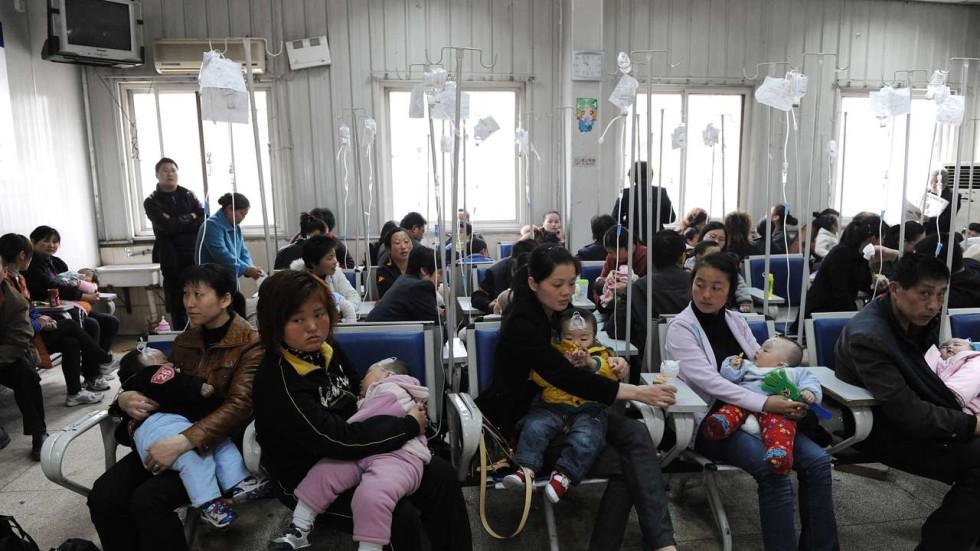
By 2020, Malaysia is quite sure of doubling its revenue related to medical tourism; aiming an estimated 90 million couples in China who are preparing to give birth to their second child.
In October 2015, after China introduced its one-child policy, more and more couples are trying to have more children. However, not all of them are able to conceive naturally.
Malaysia at this point expects to provide its knowledge and proficiency to boost the industry of medical tourism at the same time.

The Malaysian Healthcare Travel Council or MHTC calculates that around 90 million Chinese couples are interested to have their second child of whom at least 40 million are over 40 years of age.
MHTC CEO Sherene Azli explained that the market size shows opportunities in terms of assisted reproductive technology where Malaysia has a competitive edge.
“For example, our in vitro fertilisation (IVF) treatment success rate is actually among the highest in the world at about 66% compared with the world average of 50%,” Azli told The Edge Financial Daily in a recent interview.
“Because of that, we feel that Malaysia is in a very good place to position itself as the fertility hub for the region.”
Chinese healthcare tourists were already the second-fastest growing market in Malaysia in 2016, as per MHTC. In 2016, Chinese arrivals grew 20% annually, behind Vietnam at 83%.
The rising Chinese healthcare tourists are gradually decreasing Malaysia’s dependence on Indonesian medical travelers who comprised 60% of the volume in the past, the Edge report said.
Tags: Malaysia tourism